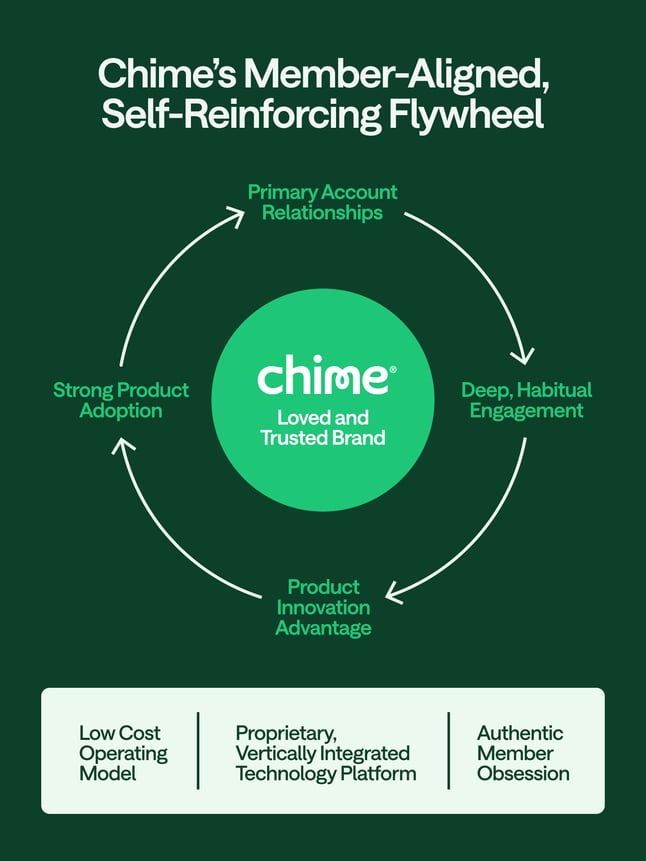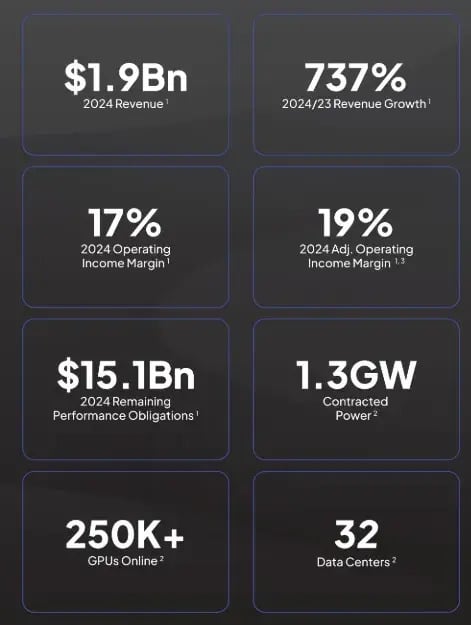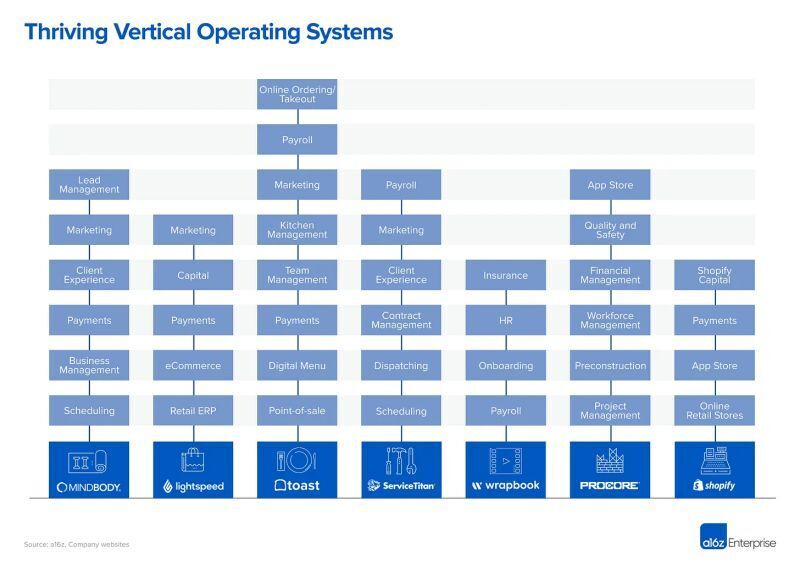
As a tech CFO, pricing is one of the most difficult undertakings I’ve personally wrestled with.
The journey to price optimization is complex, but you don't have to navigate it alone.
BlueRocket's pricing experts have all operated companies before. And they’ve used that hands-on experience to help companies like Salesforce, Gitlab, Brex, Zendesk, and Google optimize their pricing.
Readers of this newsletter get a pricing conversation with BlueRocket’s CEO Jason Kap.

Guilty Until Proven Innocent
A great strategy and ops leader emphasized to me last week:
“Every project proposed from now on is guilty until proven innocent. There’s a burden of proof people have to overcome.
If it’s not the main thing we’ve all agreed to prioritize, you need to bend over backwards to tell us why this is worthy of attention and resources.”
It’s not the first time I’ve heard this sentiment in the tech world over the last year.
Prioritizing core capabilities and rigorously evaluating the potential of new initiatives is en vogue again.
And it was needed. Too many software companies stopped making the “main thing” the “main thing”.
The roads were plastered with green lights, and everyone collected $200 when they passed “Go”. TAM analyses fell by the way side, replaced with industry scuttlebutt and vibes.
And I get it - new things are exciting. There’s a reason why they call it shiny object syndrome. Many of us work for companies that are thought to be on “the cutting edge”, so it totally makes sense to reach for anything that smells like new innovation. But we are left exposed to lurking vampires…

Bandwidth Vampires
New initiatives are expensive when done wrong. Not just a “suck on your bank account” type of expensive, but a bandwidth type expensive. When you have a market opportunity of MAYBE 18 months to establish a beach head as the de facto standard in something, working on anything that is NOT the main thing is risky. If your company is growing at 50% per year, the burden of proof has to be that this new thing can clear that hurdle rate in the near future.
Resource dilution at tech companies is real. There are knock on effects across an org.
Think about it - what’s the real price of distracting your CRO from selling your core product? It’s probably non linear, given the contribution margin the “main” line of business brings to the company.
And what new software will you need to buy in order to build or administer this new service? It probably has a professional services cost and an implementation timeline that you are underestimating. Is it really just a few loud customers and industry experts pumping up this new idea?
Distractions Make Directors
And if we’re being completely honest with ourselves, there’s always been a perverse incentive, not only in tech, but in all of corporate America, to fund side things. Why?
New stuff gets new resources
People with more resources get paid more to manage them
Putting your name next to something “big” (even if it’s outcome was mediocre or completely failed (Google Phone?)) is a one way ticket to owning something even bigger at the next place you go. It’s all spin.
There’s an incentive to build a fiefdom to tackle new things. So new things get launched more than they should.
Boring is a Moat
Real dominance is boring. Real dominance is doing something better for a longer time than everyone else. Yes, it’s important to have a great product. It’s maybe even more important, though, to be on that corner for a longer time so you let the benefits accrue. We forget that simply surviving and thriving longer at something is a competitive moat in and of itself. It’s the boring moat. Nvidia. Netsuite. Bloomberg.
Now, do you want to be a one trick pony? Not exactly. But being the best one trick pony in the world at something can make a ton of money (see: Zoom, Docusign, Calendly).
On the other hand, being in the 82nd percentile in three things in the tech world usually means you are bankrupt and / or acquired by Vista Equity Partners in a roll up strategy.
There are rare examples of companies that do multiple “big” things all at once:
Rippling - Payroll, IT, Finance
Palo Alto Networks - Like 43 types of cyber security
Workday - HRIS, ERP, Payroll, Spend Management
But chances are you are not one of them. Sorry.
I’m no lawyer, but CFOs, the burden of proof should lie with anyone looking to launch a new project.
What I’ve Been Binge Reading
To be the best, you have to study the best. The Profile is the go-to source for longform stories on the world's most successful people and companies. Polina Pompliano, a former FORTUNE magazine tech reporter, scours the internet each week to bring you the most intriguing profiles across finance, business, technology, sports, entertainment, and more. The Profile's readers include actor Dwayne “The Rock” Johnson, famed restaurateur Danny Meyer, and legendary NFL player JJ Watt.
Quote I’ve Been Pondering
“If I win, everything will be great, but if I don’t win my friends will still be my friends, my enemies will still be my enemies, and the world will still be the same.”
What They Don't Teach You at Harvard Business School by Mark H. Mccormack







